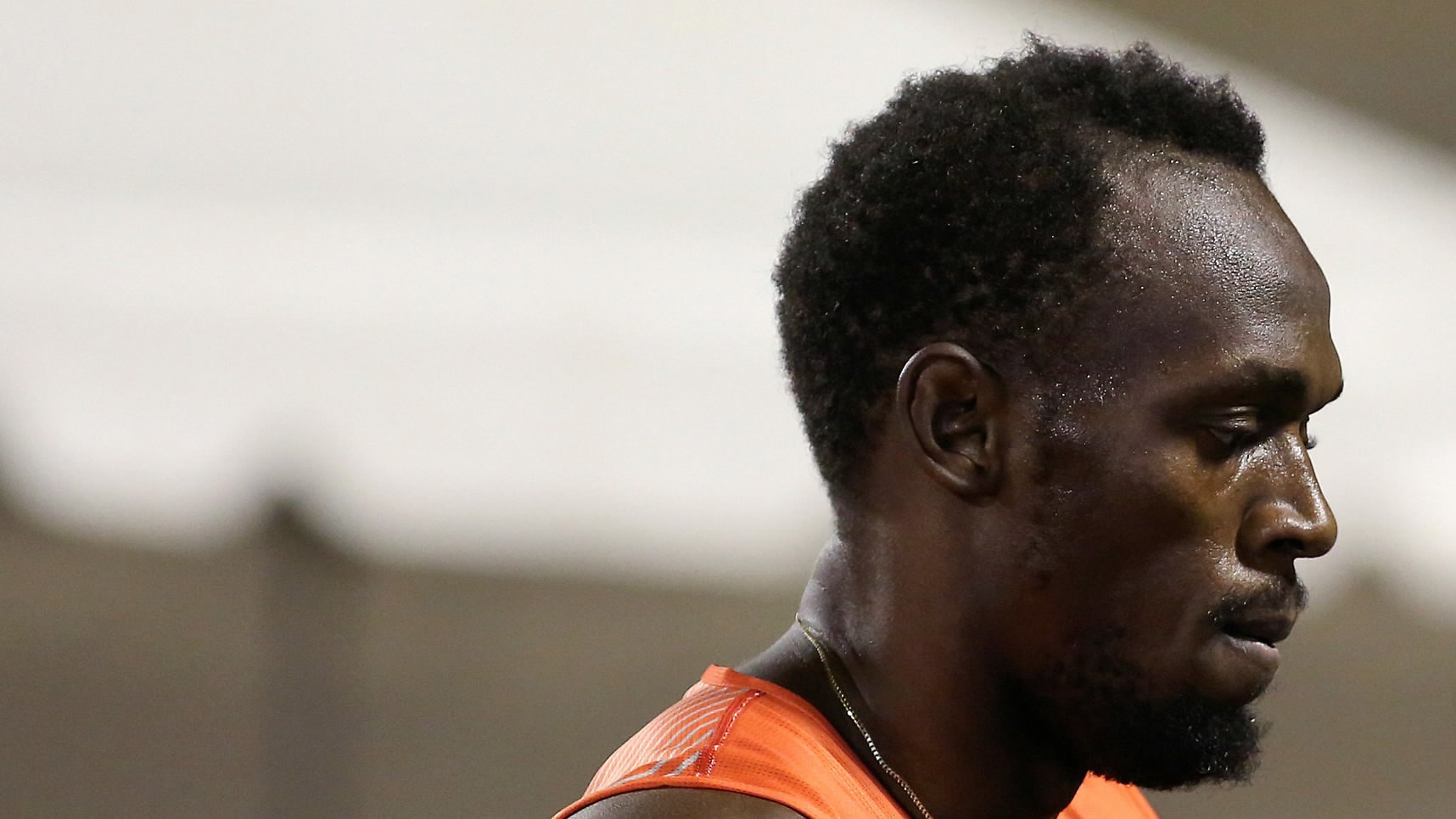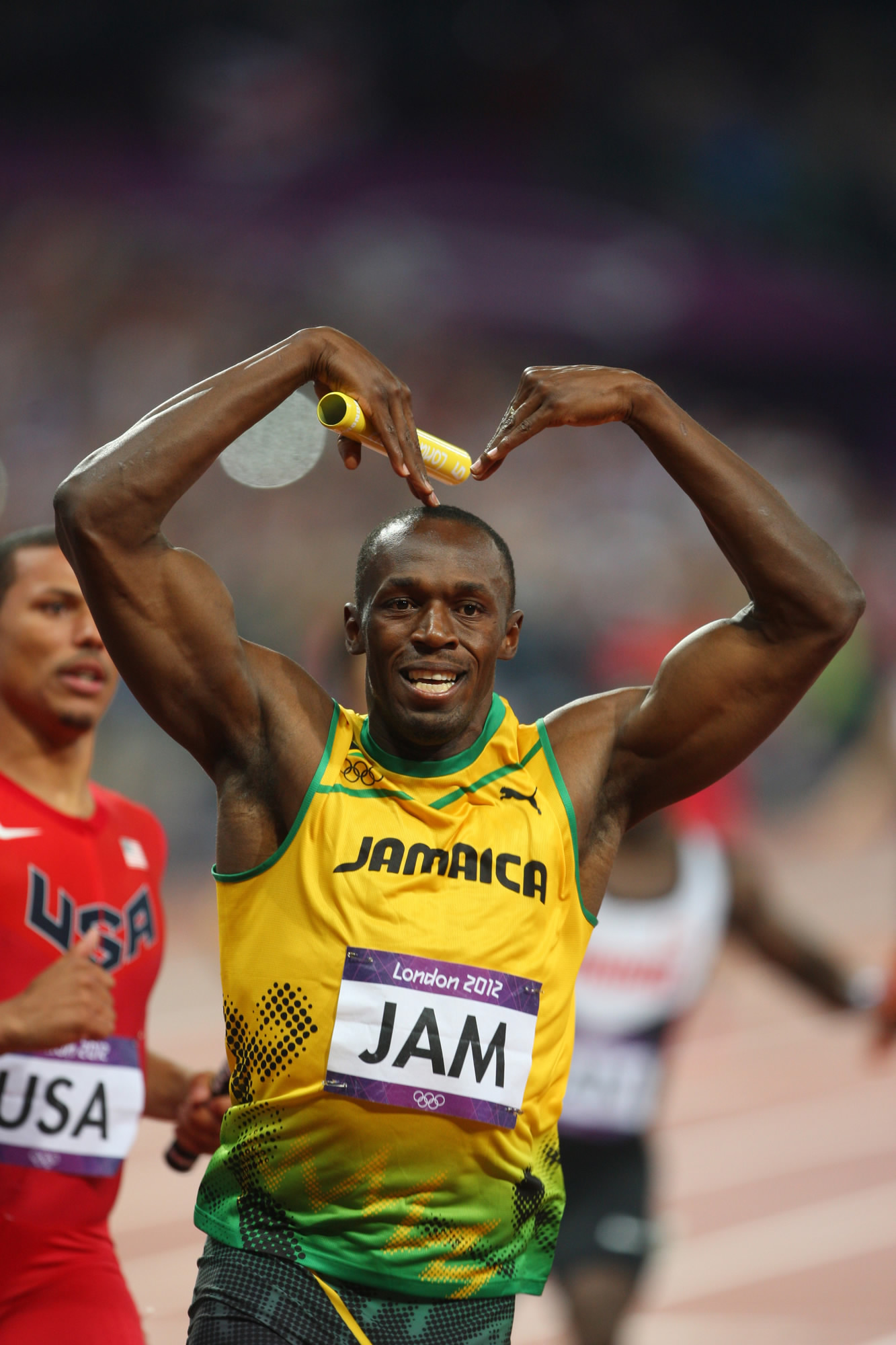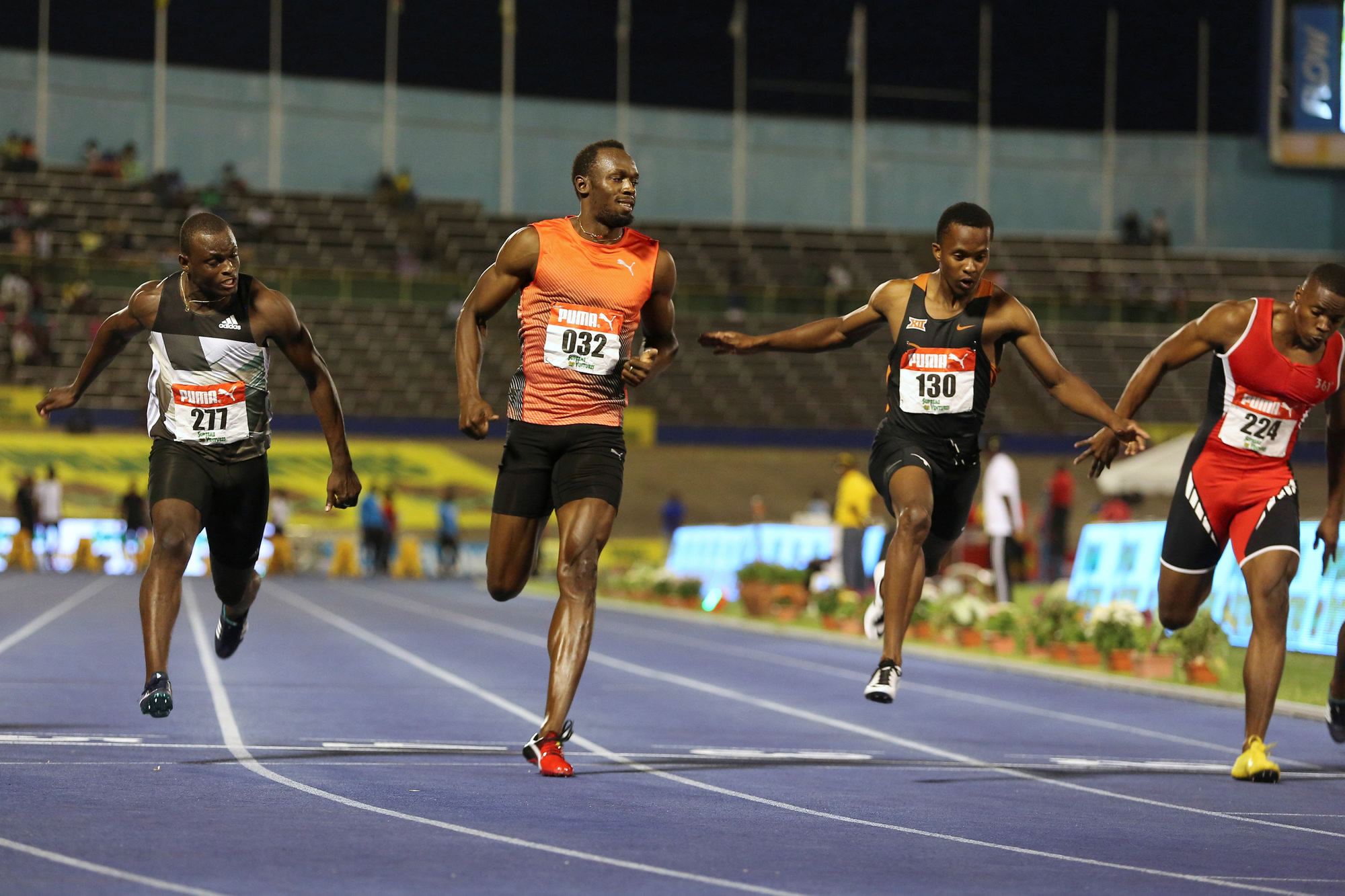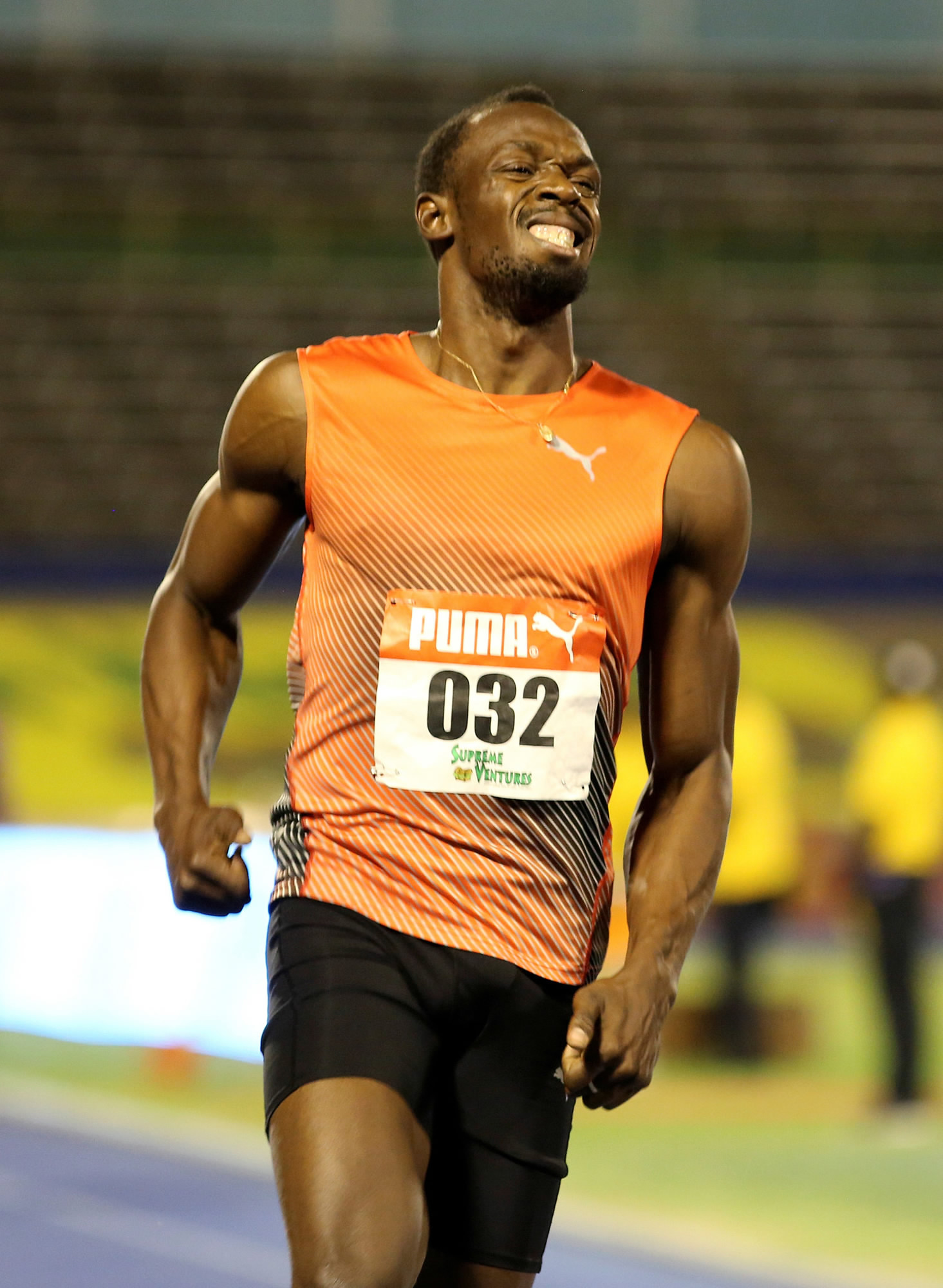
22:30, 13-Aug-2016
Usain Bolt ready to reclaim ‘fastest man on Earth’ title in Rio
Updated
10:29, 28-Jun-2018

Usain Bolt is known for making and then breaking his own records.
During the Beijing Olympics in 2008, the Jamaican sprinter set new world records for 100m and 200m track events, as well as the 4x100m relay, becoming the first man to clinch three gold medals for sprinting events at the same Olympic Games since American sprinter Carl Lewis’ 1984 record. It was only the beginning for the 22-year-old athlete.
The following year, during the World Championships in Berlin, Bolt broke his own 100m record of 9.69 seconds he clocked in Beijing.
“9.58,” the commentator said in a high-pitched, exuberant tone. “Smashing the world record. Unbelievable.”
Two years later, during London 2012, Bolt ran fast enough to set a new Olympic best.

And in Rio, which will be Bolt’s last Olympic, the world’s fastest man is determined to make history – he strives to grab gold for 100m and 200m three times in a row, and says he is currently focusing on finishing the 200m race under 19 seconds. That would break his own world record of 19.19 seconds from the Berlin World Championships in Athletics.
“For me, I say, anything is possible – that’s my motto,” he said during a press conference in May mentioning about his injuries before the Golden Spike event in the Czech Republic. “If I can continue on the right path [from] now until I get to the Olympics, when I get there, I can beat world records.”
But beating records in track and field events was never his goal. Growing up in the Jamaican countryside, Bolt dedicated himself to cricket. However, his coach had realized his athletic potentials, pushing him into that field.
Today, he is among the faces of Jamaica’s success stories along with his contemporaries Asafa Powell and Veronica Campbell-Brown who have influenced and inspired the new generation of sportspeople.
“Everybody wants to be Usain,” Lorna Thorpe, Bolt’s high school teacher, said in a BBC Three documentary.

The documentary follows Bolt in his homeland as American sprinter Michael Johnson heads to Jamaica to find what makes Bolt the world’s fastest man. Ask ordinary Jamaicans on the streets, and they say it’s the island’s food and lifestyle that have prepared Bolt. But his father, also a local-level athlete, believes it’s genetic.
Whatever it might be, watching Bolt run to the finish line and defeating his opponents is pure joy for millions. He often twitches his eyebrows, dances before his audience, and most notably does his trademark “lightning bolt” move while flashing an infectious smile. And his fans include millions of people, including former world champion Johnson, who has watched Bolt win with shock, speechless.
But the sports star, now 29, speaks of his speed with ease.
“I make sure I am relaxed and don’t stress too much about the race,” Bolt says in the documentary.
His public persona seems to match his personality: his mother agrees that Bolt has always been “playful and hyperactive.”

And outside the track, Bolt is just as involved, raising money for charities and helping his community – one of his projects include reviving a clinic in his hometown of Sherwood Content. Recently, he also teamed up with Bring the Beat campaign, which aims to promote the Caribbean culture and music, and support the sportspeople who are representing their countries in Rio.
And it is in Rio that Bolt will put his limits to test again. Despite his weaknesses, which Bolt said he will overcome, the man is ready to break his own records. And there’s no one stopping him from reigning as the fastest man, at least not for now.
“If you’re the fastest man in the world, what’s there to worry about?” he tells Johnson. “You know you can beat them. All you need to do is execute, make sure what I need to do, stay ahead. And that’s what I’m going to do.”

SITEMAP
Copyright © 2018 CGTN. Beijing ICP prepared NO.16065310-3
Copyright © 2018 CGTN. Beijing ICP prepared NO.16065310-3